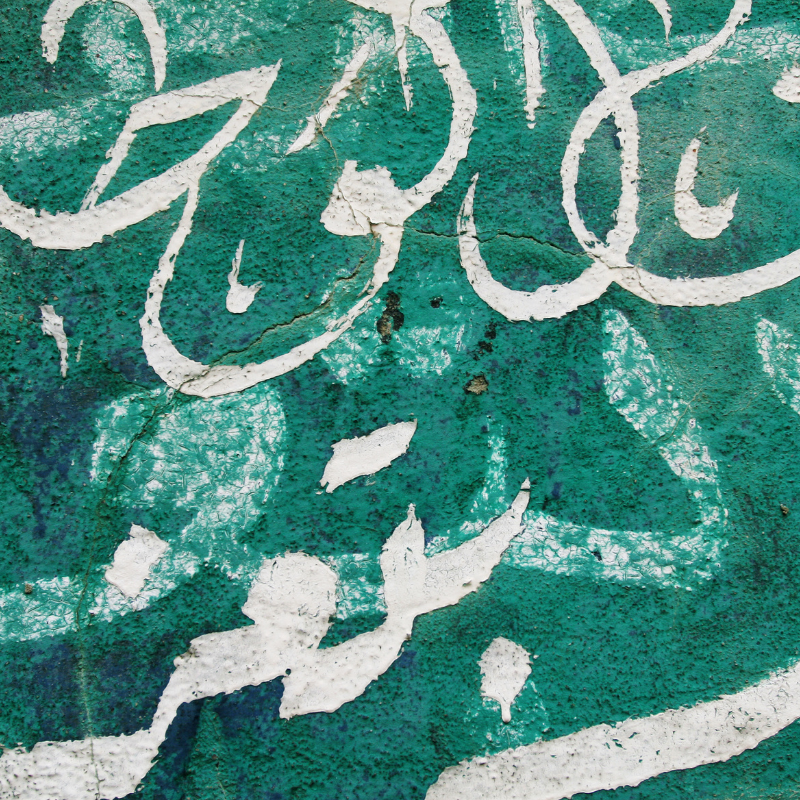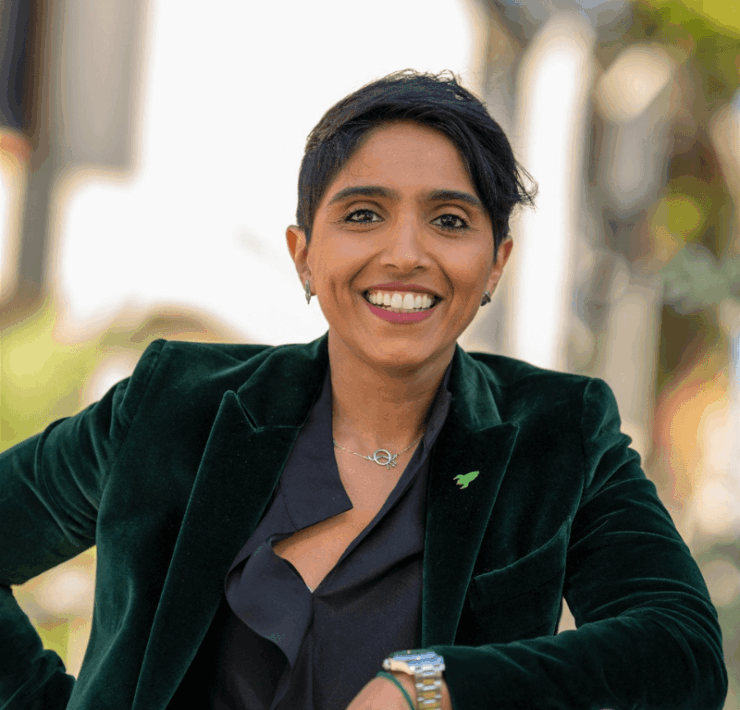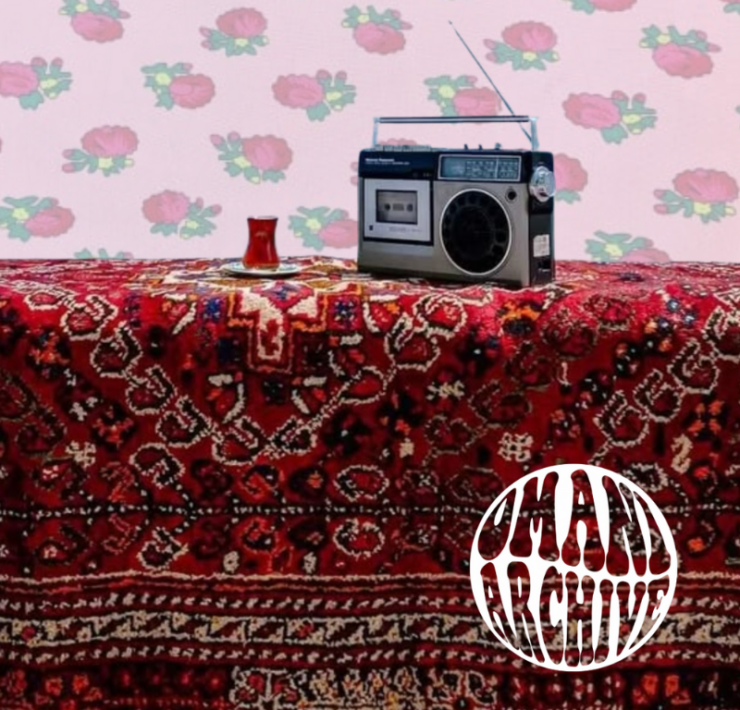We’re so glad that you’re considering learning Arabic, and if you’re wondering which Arabic dialect to learn you’ve come to the right place! You may have been taken aback to find out that choosing to study Arabic isn’t a clear-cut decision – the range of dialects make things a touch more complicated than for some other languages.
But never fear, in this series of blog posts we’ll be breaking down the pros and cons of studying each of the major forms of Arabic and its colloquial dialects, so you can make an informed choice. This week we’re taking a look at Modern Standard Arabic, the more formal iteration of the language derived from the language of the Quran, also known as Fusha. We’ll be looking at the good, the bad, and the ugly to help make your decision as easy as possible!
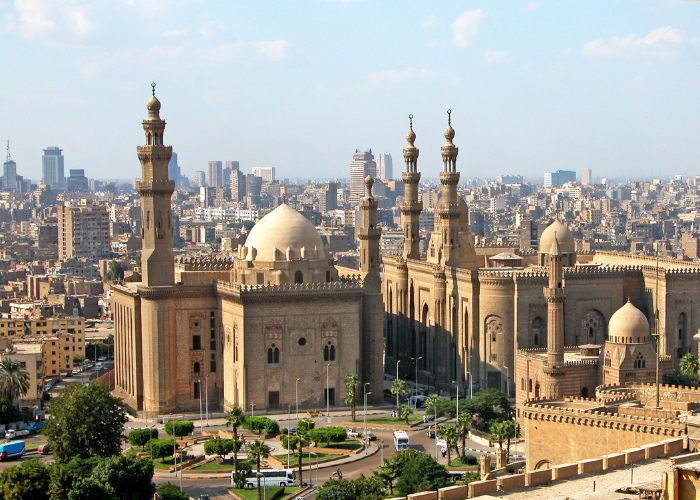
The key thing you need to know about Modern Standard Arabic, or MSA, is that it’s a formal version of the language which is predominantly used in written form or in very specific situations. Arabic is spoken all across the Middle East, from Morocco to Iraq, and as you can imagine, this huge geographic distance and the enormous number of Arabic speakers also means a lot of linguistic variation – approximately thirty different Arabic dialects, across five main dialect families.
The Middle East exists in a state of diglossia, that is to say, MSA and the local Arabic dialect are used in parallel. (In some cases, it’s more complex than just these two languages – for example in Northern Africa, where many speak an Amazigh dialect too, and often French as well!). While people speak their native Arabic dialect in their daily lives, MSA is taught in schools and used in formal settings by newsreaders, politicians making speeches, writers and journalists, academics, and in most formal written communications, like official forms and letters.
The decision whether to study Modern Standard Arabic or one of the colloquial Arabic dialects (known as ammiya, lahja or darija in the Maghreb) is a very personal one, and no two people will necessarily find themselves in the same position. Your interests, career plans, personal background, and even your tolerance for studying grammar may all play a role in your decision making process!
But you’re not alone – we’re here to summarise the key points you should consider while making your choice. If you’d like to talk to other Arabic students about their experiences of studying the different dialects, you can join our private Facebook group for Arabic Learners, or follow our dedicated Arabic learners Instagram account!
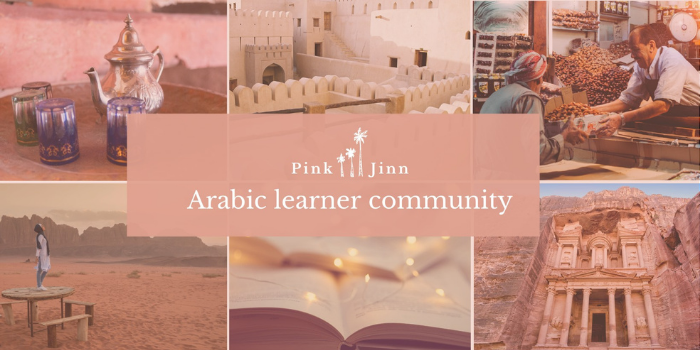
Linguistic Considerations
Modern Standard Arabic is very close to Classical Arabic, which is the foundational form of the language. As such, studying MSA gives you an incredibly solid grounding in the logic and grammar underlying all forms of Arabic. MSA is seen by some as the gateway to the colloquial dialects. If you’re just starting out on your journey with Arabic, it could be that you aren’t sure which part of the Middle East and North Africa you may want to work in or travel to in the future, which can make choosing a colloquial dialect really tricky. Lots of people in this situation start out with MSA and plan to add a local dialect at a later stage.
We aren’t going to lie to you, studying MSA involves a lot of grammar. This formal form of Arabic uses a fair few aspects of grammar which are mostly left out of local dialects – these include the dual plural form, the casing system, and some constructions which are more complex than their colloquial equivalents. Some Arabic learners find this more challenging than others, and if you already speak a language which uses cases you’ll have an easier time of it!
There are also a few letters which are pronounced in MSA, but left out of some dialects – some MSA learners (ourselves included) have spent hours and hours painstakingly practicing the emphatic ‘Qaf’ sound, only to move to the Levant where it isn’t used in most words. MSA does have these added layers of complexity, but it will allow you to read and understand an enormous range of Arabic texts from news articles to poetry, including texts from as far back as the 9th and 10th centuries!
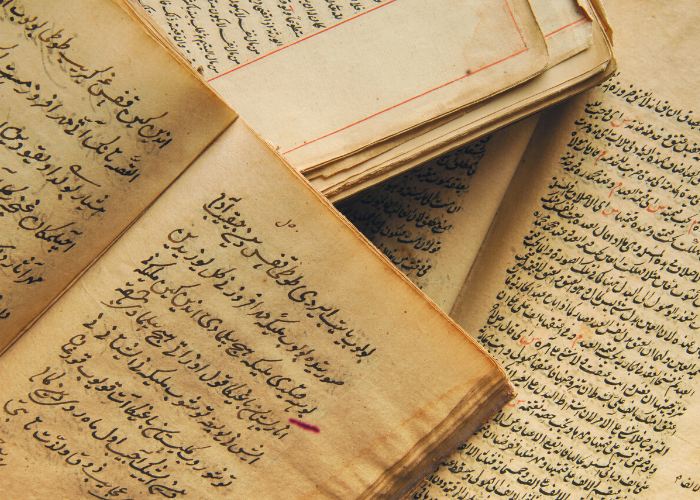
Something else to take into account is that a lot of MSA courses focus very heavily on media Arabic, with a strong political – and not necessarily practical – slant. You may find yourself learning vocabulary about the United Nations in the first few weeks of your course, long before you’ve been taught the colours or even the days of the week! Depending on how you’re planning to use your Arabic, this may be incredibly useful or you might feel the need to learn some of the more traditional basics of the language outside of your course, to fill in any gaps.
Finally, because it isn’t typically spoken between in casual settings or between friends, it can be harder to find opportunities to practice your spoken MSA. Thankfully, there are plenty of places online to look for language partners who are happy to chat in Modern Standard Arabic, and make sure you join our Facebook group for Arabic learners too – there are plenty of MSA students and you might just find yourself a study buddy!
Careers
If you’re planning to use Arabic in your career, this will play a huge role in your choice between MSA and the colloquial dialects. If you’re planning on becoming a translator for example, your choice is pretty much made for you – you’ll need to study MSA! Similarly, if you’re planning to go into journalism, academia, or study the Qur’an, you should definitely be looking for MSA courses.
In short, anything that will require you to read or listen to the news, or read literary, academic, or religious texts will require MSA. Conversely, if you plan to live in the region and will predominantly be using Arabic in spoken form, having a good basis in the colloquial Arabic dialect of the country you’ll be in will be very useful to you. Of course, these two spheres will overlap in some career paths, and many Arabic learners will study both MSA and one or more Arabic dialects along their way.
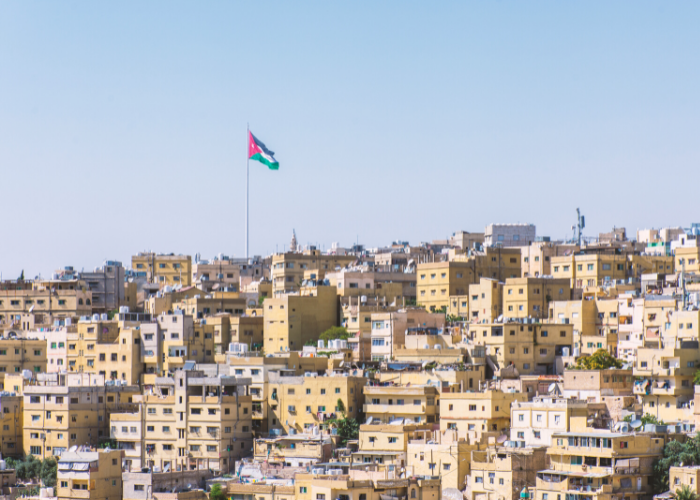
Culture & Lifestyle
Before you launch yourself into an MSA course assuming that you’ll be able to travel across the Middle East and North Africa and use your Fusha with ease wherever you go, it’s important to recognise just how different colloquial dialects can be. The vocabulary overlap between MSA and the dialects isn’t as large as some people assume it will be, and a large number of everyday words and phrases will be very different in local dialects, or may be pronounced differently.
Completely honestly, using MSA in daily life will often be met with slightly bewildered looks. Ordering food in restaurants, chatting with friends, or explaining what you need in a shop are all situations where the local form of ammiya or darija is usually used, and while your MSA will likely be understood, you will probably get responses in the local dialect that you may struggle to understand. Alternatively, some Middle Easterners may then switch into English, as it can be more natural for them to speak casually in English than the formal Arabic which was drilled into them at school. Don’t forget, there are no native speakers of MSA. If you’re hoping to move to the region and spend lots of time speaking in informal settings, it’s worth at the very least learning the basics of the local dialect in addition to MSA.
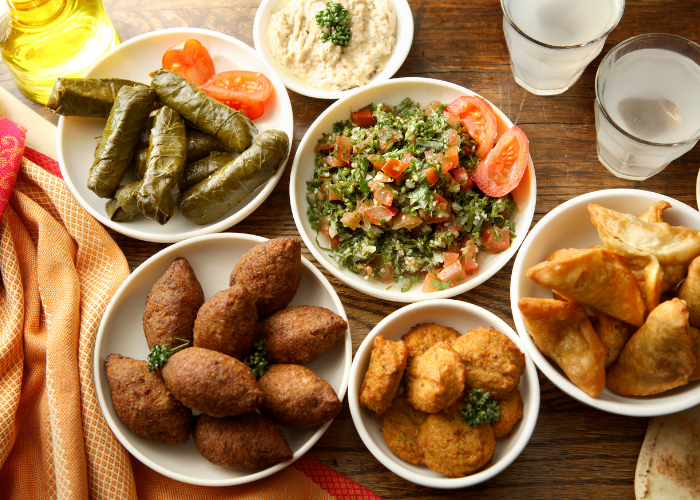
Resource Availability
Resource availability is very much a double-edged sword when it comes to Modern Standard Arabic. You’ll be spoilt for choice when it comes to textbooks, vocabulary lists and other formal resources (although the Al-Kitaab textbooks predominate in a lot of universities!), and MSA resources are much easier to find than good formal resources for the colloquial dialects. You’ll also be able to read novels and newspapers, listen to audiobooks, and watch news and documentary programmes from all across the region.
What is a bit more of a struggle is finding informal resources in MSA like movies, TV shows, and music. These kinds of resources are usually made in local dialects, which can leave MSA learners a bit stuck for ‘fun’ ways to practice their Arabic. That isn’t to say there aren’t any – animated movies and children’s cartoons are one of the genres that is usually in MSA, and the simplified vocabulary can be perfect for learners!
Logistics
The great news is that because MSA is used as a formal language all across the Middle East and North Africa, you’ll have lots of options for studying abroad. From Fez to Muscat or Amman, language schools all across the region offer courses in MSA so you’ll be spoilt for choice! Outside of the region, Arabic language university courses mostly offer MSA, sometimes with a dialect as an additional option. Most of these courses require you to spend time studying abroad, which can be a perfect opportunity to learn a local dialect, just don’t get them mixed up in your MSA exams!

A taste of … Modern Standard Arabic
This video gives a good idea of the differences between Modern Standard Arabic and Arabic dialects, including the differences in vocabulary and grammar.
One of the best places to get some extra support with Modern Standard Arabic is the FC Lang channel on YouTube, and this video is a quick taster of an MSA lesson, and is a lot like one of the first lessons you’ll be taught in MSA university courses!
For more help deciding which kind of Arabic to learn, don’t miss our article all about the pros and cons of the Levantine Arabic dialect, and keep an eye out for the next articles in this Arabic dialects series! Even better, subscribers to our Hump Day Newsletter get access to our FREE printable Arabic Vocabulary Diary – the perfect way to set yourself up for success as you start learning Arabic! You can sign up here to get yours!
We’ve also got lots more Arabic content on the Pink Jinn blog to help you!
10 Ways to Boost Your Arabic in 2022
The Pros and Cons of Studying Arabic
Instagram Accounts to Follow If You’re Learning Arabic – Part One

